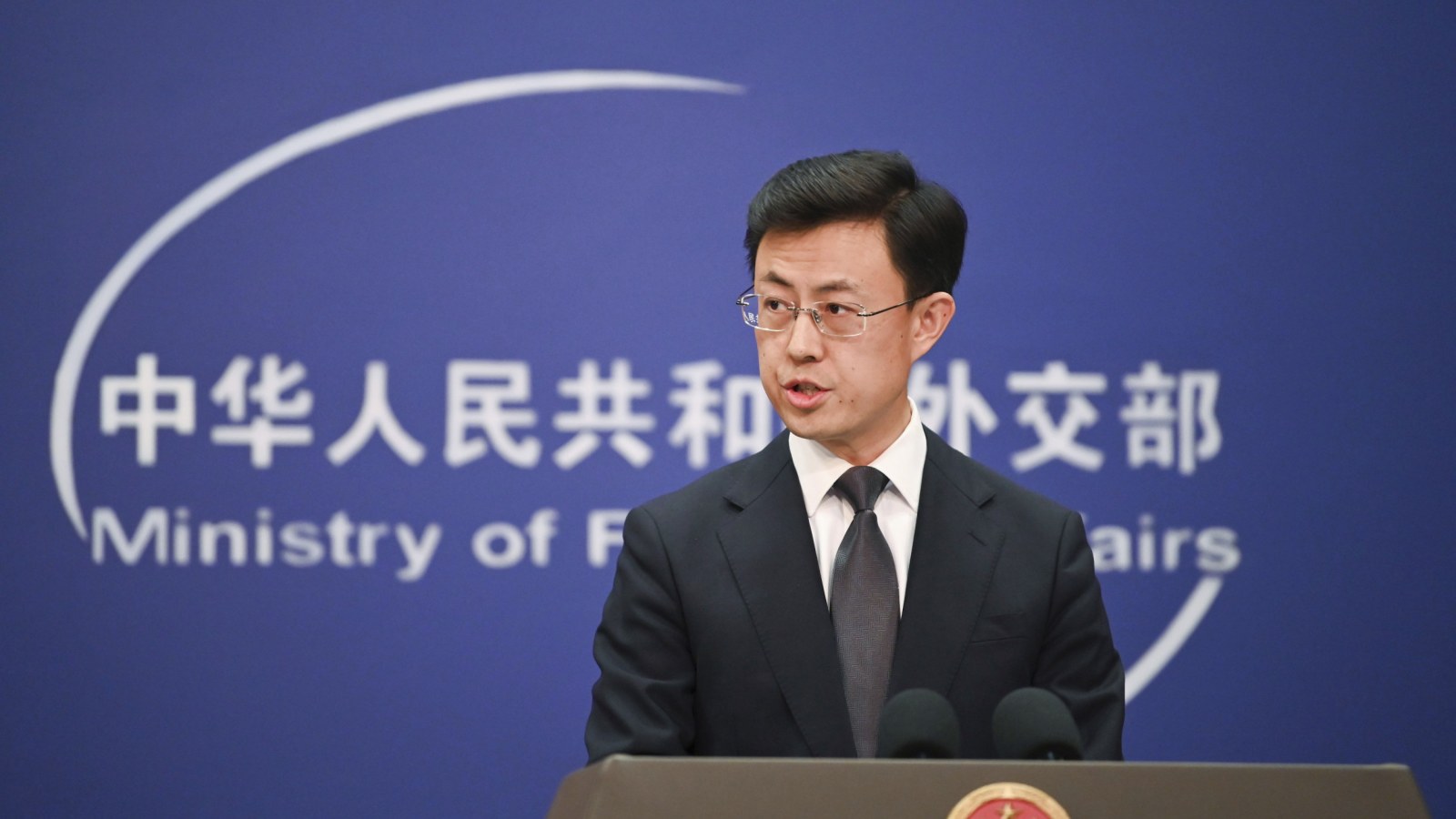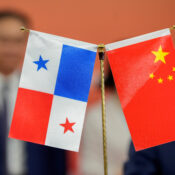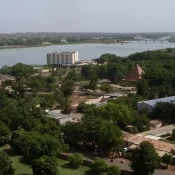
China claims that Taiwan’s independence threatens its territorial integrity and sovereignty
China has called separatist actions a major danger to Taiwan’s territorial integrity and encouraged Nigerian media to refrain from using language that suggests Taiwan’s sovereignty.
Taiwan’s sovereignty and territorial integrity are seriously threatened by its independence, the PRC stated on Thursday.
It stated that the Taiwan issue is unquestionably about China’s sovereignty, territorial integrity, and national emotion and cannot be contested or disputed.
In his remarks at the Media Salon on the One-China Principle as the Bedrock of China-Nigeria Relations in Abuja, Zhu Songbo, Chief, Political Section of the Chinese Embassy in Nigeria, explained that the one-China principle states that there is only one China in the world, Taiwan is an unalienable part of China’s territory, and the People’s Republic of China’s government is the only legitimate government that represents all of China.
The implementation of the one-China concept is universal, unconditional, and undeniable, Songbo continued, emphasizing that all nations with diplomatic ties to China as well as all UN members are required to abide by it without reservation.
Regarding Nigeria’s approach to Taiwan, Zhu stated that China values the nation’s adherence to the one-China principle, pointing to Nigeria’s measures, such as moving the Taiwan Trade Office from Abuja.
According to him, China has valued Nigeria’s adherence to the one-China concept.
“We hope Nigeria will continue to support China’s efforts to achieve national reunification and uphold this principle.”
However, Zhu advised media professionals to follow the values of objectivity, fairness, and truthfulness when covering China and the Taiwan issue, warning them against using terminology that suggests Taiwan’s independence or sovereignty.
“We hope that everyone will have a better understanding of China’s stance on the Taiwan issue and will continue to uphold the values of impartiality, equity, and honesty when reporting on China,” Songbo continued.
Songbo also voiced alarm over moves by certain groups to support Taiwan’s independence, calling them a major danger to the peace and stability of the Taiwan Strait.
Peace and stability across the Taiwan Strait are threatened by external influences and separatist actions related to Taiwan’s independence. Any attempt to establish a “two Chinas” or “one China, one Taiwan” situation is strongly opposed by us.
Songbo underlined the significance of preserving stability and security in the area while restating China’s commitment to peaceful reunification.
“We will not accept any efforts to compromise China’s sovereignty and territorial integrity, but we are dedicated to peaceful reunification. In order to further regional peace and stability, we hope that all parties would cooperate.
Charles Onunaiju, the director of the Centre for China Studies, stated earlier in his presentation that the Chinese and Taiwanese are actually one people with a shared history and cultural heritage.
As demonstrated by its dedication to acknowledging the People’s Republic of China as the only valid government that represents all of China, he said Nigeria’s stance on the One-China concept is unassailable.
He claims that the main objective of the Taiwan Trade Office in Lagos is to foster business and economic relations between Taiwan and Nigeria, acting only as a trade facilitation organization rather than an embassy.
However, he noted that the Taipei Trade Office’s operations have a history of undermining Nigeria’s commitment to the One-China concept, which may cause tensions in the two countries’ bilateral ties.
Since Taiwan has been a part of Chinese territory since ancient times, its eventual return to China is ultimately an inseparable part of history, and reunification is viewed as an essential step towards realizing the country’s sovereignty and territorial integrity.
In his presentation, Professor Sheriff Ghali Ibrahim, the head of the University of Abuja’s Department of Political Science and International Relations, also stated that China is not an exception to the rule that no nation will permit secessionist organizations to compromise its territorial integrity and sovereignty.
The People’s Republic of China (PRC) is recognized by the United Nations Resolution 2758 of 1971 as the sole legal representative of China, with Taiwan being an integral part of it. This view is supported by a number of other laws and frameworks that support the One-China policy, such as anti-secession laws, according to Prof. Ghali Ibrahim, who is also the Director of the Centre for Contemporary China-Africa Research.
Deng Xiaoping introduced the idea of “One Country, Two Systems” with the intention of bringing about peaceful reunification while permitting the coexistence of many systems inside a single China.
“Nigeria will not interfere in China’s internal affairs, including the Taiwan issue, because it upholds the principle of non-interference in the internal affairs of other nations.”
“Given the close bilateral ties between China and Nigeria, the Taiwan Trade Office’s attempts to weaken the One-China principle are likely to fail because China and Nigeria share similar ideas and identities.”
“China is now Nigeria’s third-largest trading partner, with trade volumes exceeding $20 billion, thanks in large part to the One-China principle.”
“In addition, there have been noticeable results from Chinese government infrastructure interventions, such as the building of roads and rails, which have aided in Nigeria’s economic growth.”
In his talk on the role of the Nigerian media in covering the Taiwan question, Dr. Austin Maho, a lecturer at the International Institute of Journalism, said that journalists should be cautious and responsible when covering sensitive topics like the Taiwan question because the media has a significant influence on public opinion and society.
The People’s Republic of China views Taiwan independence as a red line that should not be crossed, and journalists should keep this in mind when reporting on the issue, according to Maho, who also publishes Daybreak Newspapers.
Journalists should be well-versed in the problems between China and Nigeria in order to report on them accurately and impartially. They should refrain from referring to Taiwan as a “country” or advocating for closer cooperation between the two countries.
“The Taiwan trade mission’s representative in Nigeria, Andy Ping Liu, should also be avoided by media professionals as he might try to advance Taiwan independence.”
“Media professionals must exercise caution to make sure their reporting does not unintentionally undermine the One-China principle or advance secessionist agendas.” He went on.
All Categories
Recent Posts
Tags
+13162306000
zoneyetu@yahoo.com



